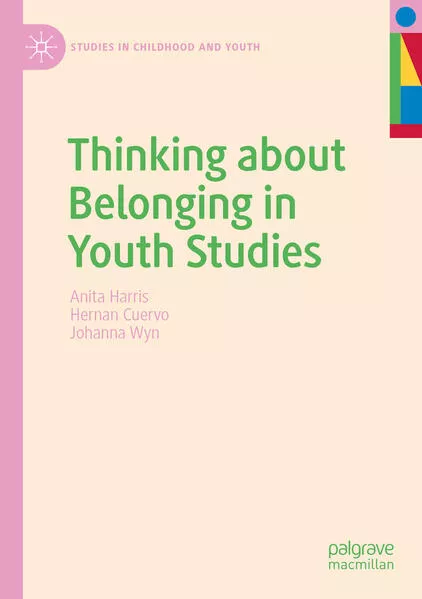
- Publikationen ca: 1
- Fragen & Antworten
Anita Harris
Anita Harris is Research Professor in the Alfred Deakin Institute for Citizenship and Globalisation, Deakin University, Australia. Her books include Future Girl (2004) and Young People and Everyday Multiculturalism (2012).
Hernan Cuervo is Associate Professor in the Youth Research Centre, University of Melbourne, Australia. His latest book is Youth, Inequality and Social Change in the Global South (2019).
Johanna Wyn is Redmond Barry Distinguished Professor in the Youth Research Centre, University of Melbourne, Australia. She is Fellow of the Academy of Social Sciences, Australia, and the Academy of Social Sciences, UK.
Thinking about Belonging in Youth Studies
This book takes a global perspective to address the concept of belonging in youth studies, interrogating its emergence as a reoccurring theme in the literature and elucidating its benefits and shortcomings. While belonging offers new alignments across previously divergent approaches to youth studies, its pervasiveness in the field has led to criticism that it means both everything and nothing and thus requires deeper analysis to be of enduring value.
